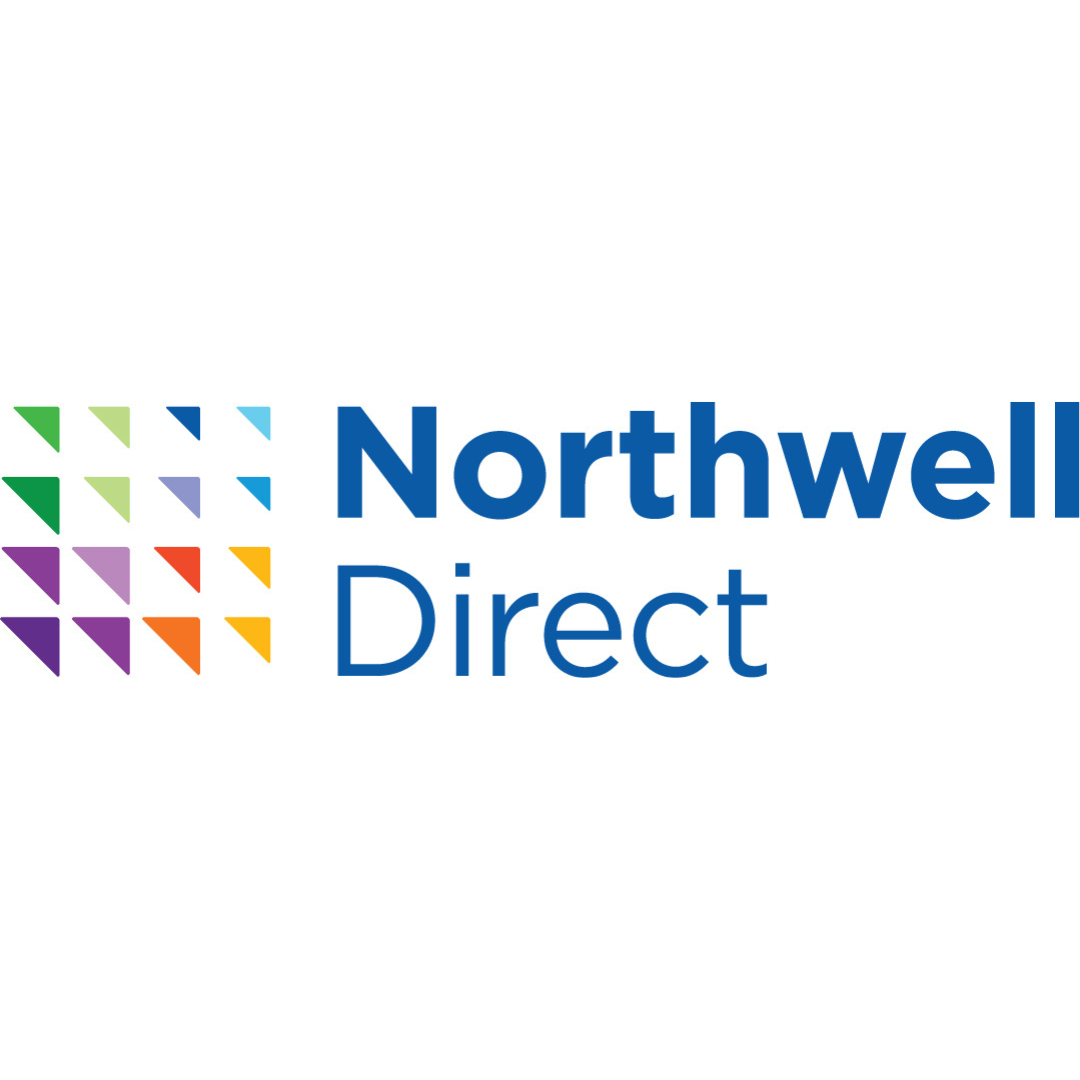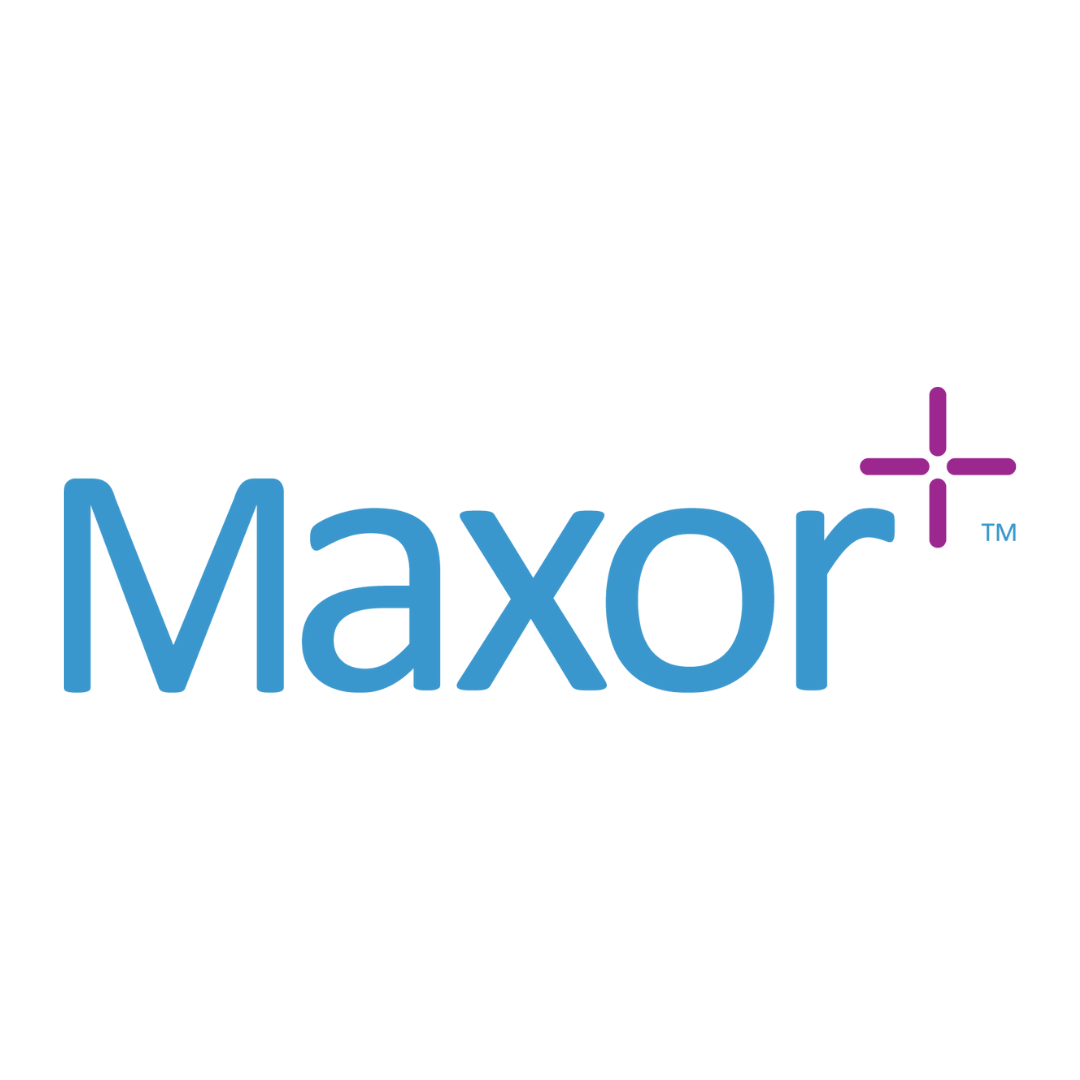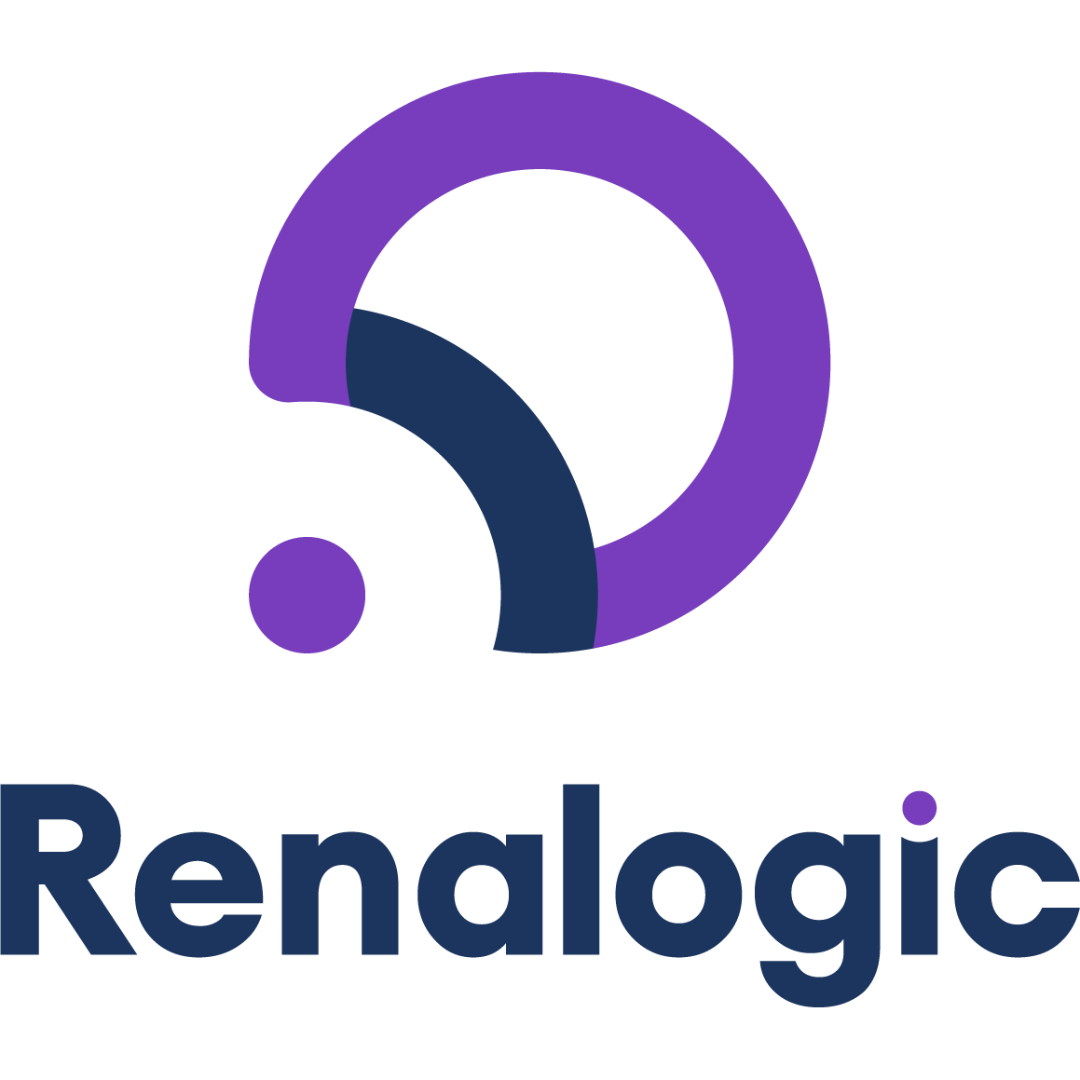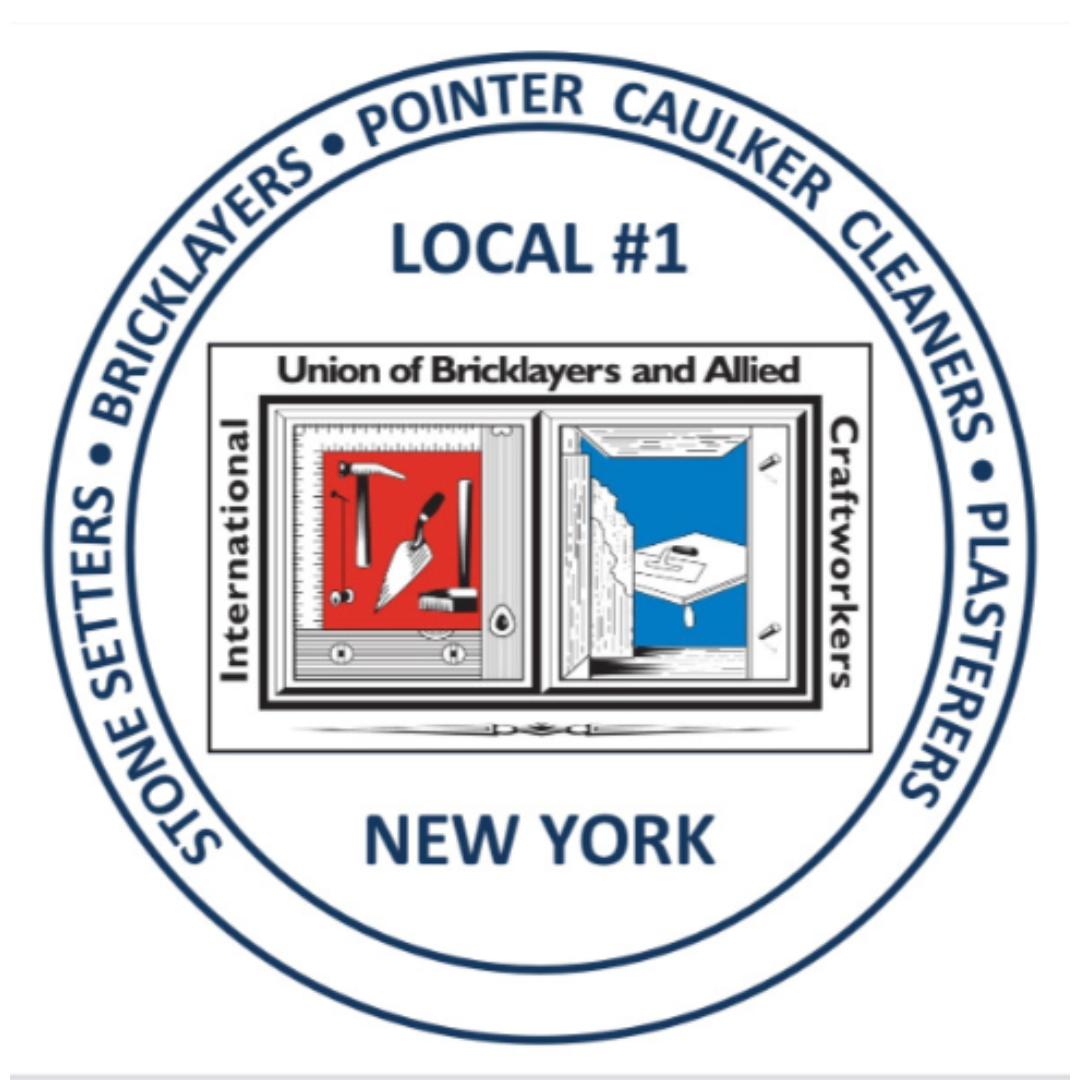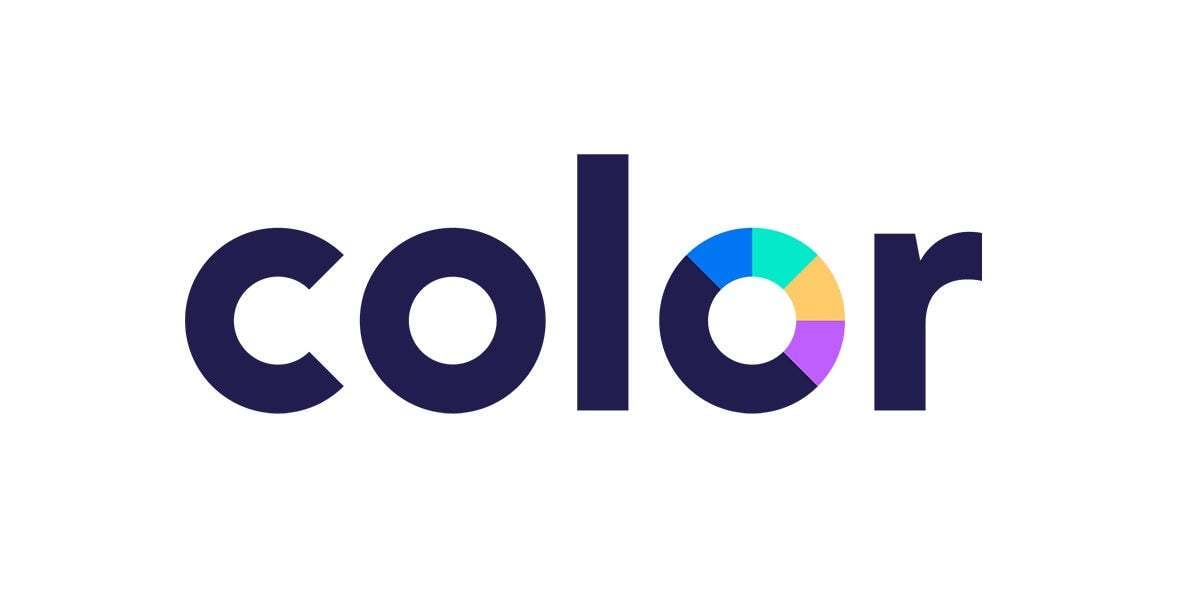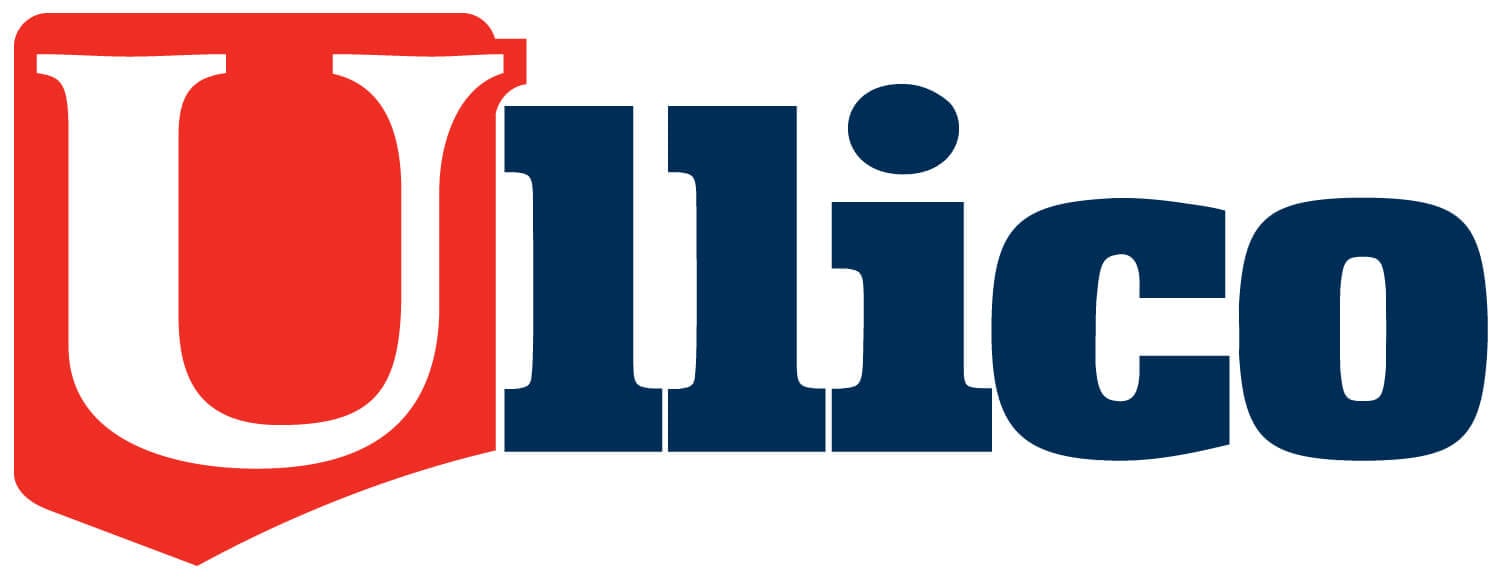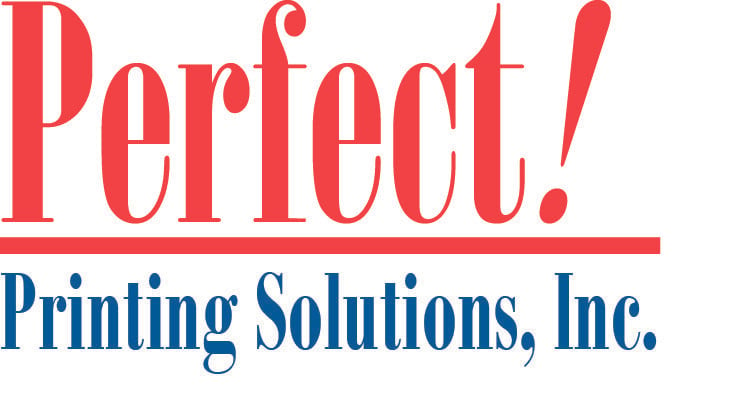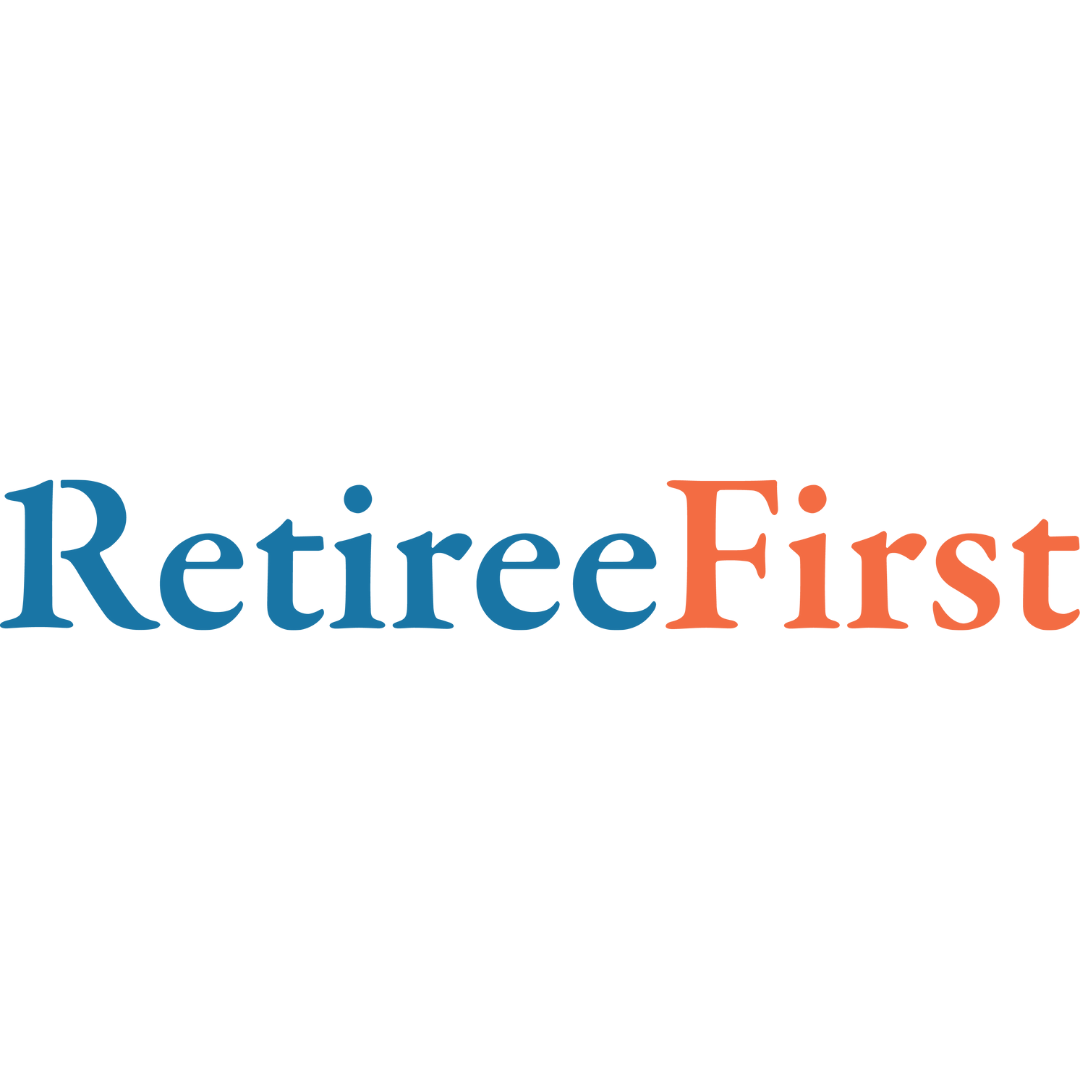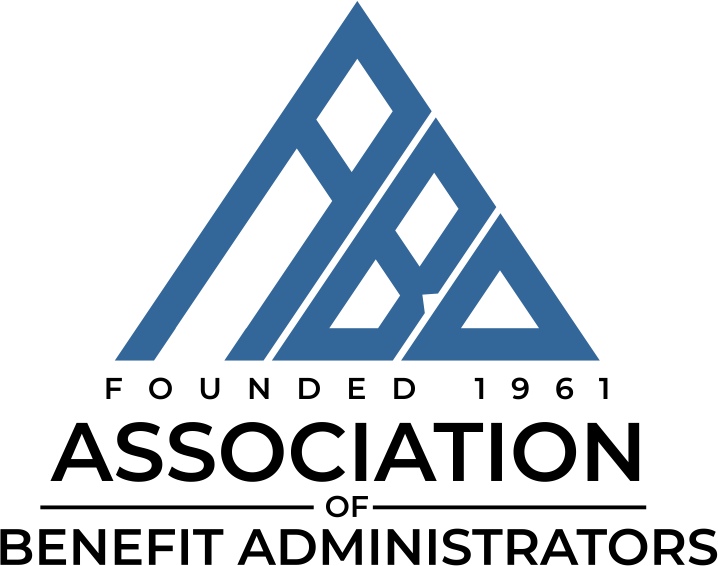Top 5 Mistakes Employers Make When Trying to Manage Kidney Disease
Chronic kidney disease (CKD) is a silent epidemic affecting millions of Americans, with a staggering 37 million adults living with the condition. As employers strive to manage healthcare costs and support their workforce, addressing CKD has become increasingly important. However, many companies make critical mistakes in their approach. Here are the top 5 errors employers should avoid when managing chronic kidney disease:
1. Overlooking Early Detection & Prevention
Many employers fail to implement screening programs for CKD and its risk factors. With 90% of those affected unaware they have the condition, early detection is crucial. Regular screenings for diabetes, high blood pressure and kidney function can help identify at-risk employees before the disease progresses.
2. Neglecting Employee Education
Lack of awareness about CKD and its risk factors is a significant issue. Employers often underestimate the importance of educating their workforce about kidney health, prevention strategies and available resources. Providing clear, accessible information can empower employees to take control of their health.
3. Inadequate Management Programs
Many employer-sponsored health plans have gaps in coverage for CKD treatment and management. This can lead to delayed care and increased costs in the long run. Employers should review their benefits coverage for CKD-related services, including preventive care, medications, care management, advocacy and navigation and dialysis treatments.
4. Failing to Leverage Data & Analytics
In today’s data-driven world, not utilizing analytics to understand and manage CKD within the workforce is a missed opportunity. Employers should leverage health data solutions to identify trends, assess risk factors and implement targeted interventions.
5. Don’t Realize the Impact of Claims Repricing
Sticking with the status quo and relying on carrier case management will only get employers so far. Since kidney disease is only going to get worse, implementing a claims repricing strategy will help reduce the costs of care for those on dialysis. It’s a win-win strategy that’s crucial to help protect the assets of self-funded plans.
Conclusion
By addressing these common mistakes, employers can significantly improve their approach to managing chronic kidney disease. This not only benefits affected employees but also helps control healthcare costs and promotes a healthier, more productive workforce.
Remember, CKD is projected to become the fifth-leading cause of death in the U.S. by 2040. By taking proactive steps now, employers can play a crucial role in combating this silent epidemic and supporting the long-term health of their employees.



